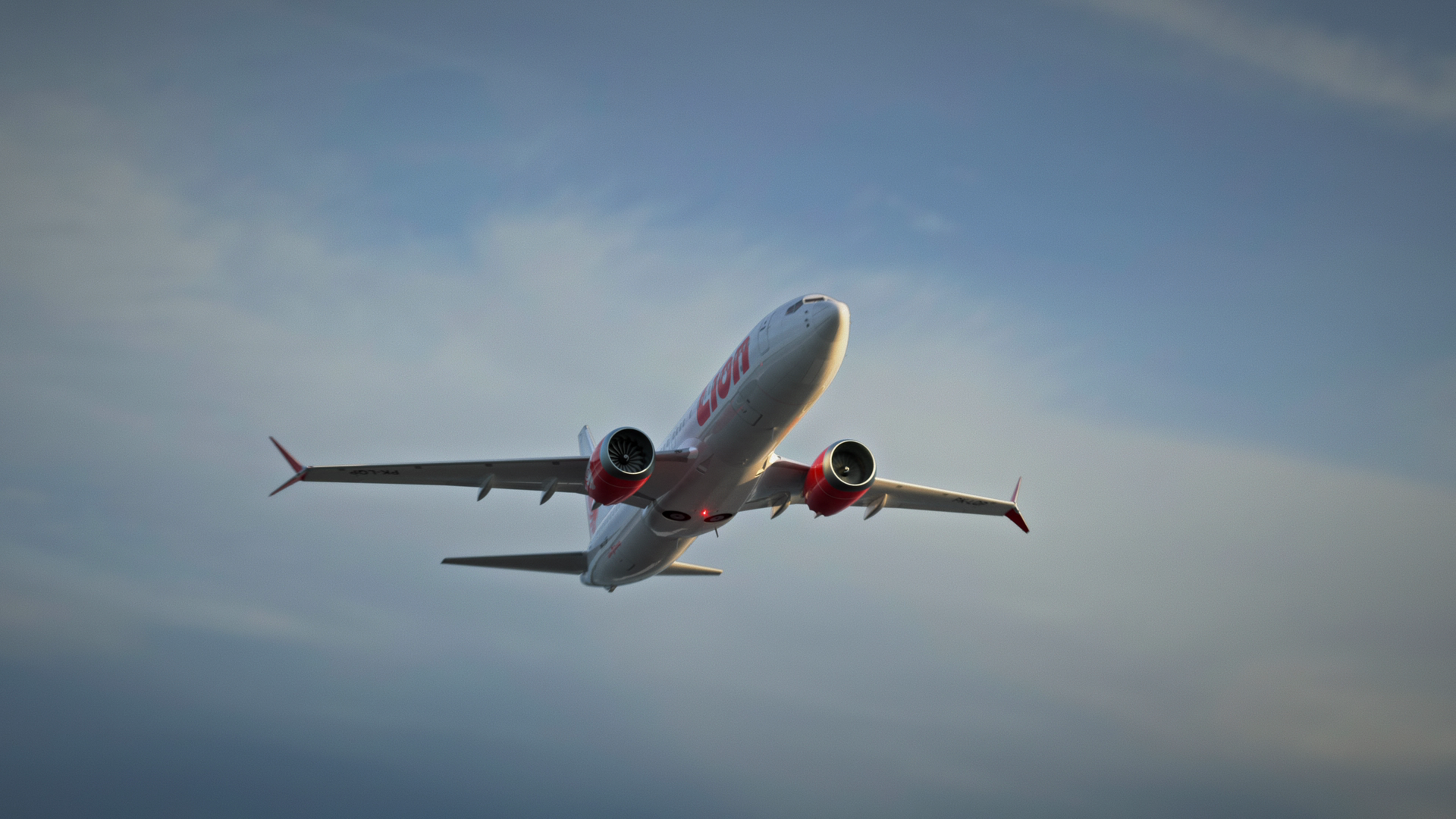Netflix’s Downfall digs into what really caused the Boeing plane crashes
The Case Against Boeing suggests that corporate greed as much as mechanical error was at fault
Film Reviews Boeing
The opening minutes of the documentary Downfall: The Case Against Boeing get straight to the point of what this movie is really about. Over shots of ordinary folks making their way through an airport and settling into their seats, one of the movie’s experts—the former Wall Street Journal aerospace reporter Andy Pasztor—is heard in voice-over, rather ominously saying, “Most people feel comfortable flying.” Right away, director Rory Kennedy lays out the stakes of this story. People fly every day, putting trust in multiple regulatory agencies, aircraft manufacturers, and airlines. We expect these official bodies to get passengers where they need to go, in one piece. But what if, behind the scenes, years of cost-cutting and clandestine agreements mean that everything we assume about air safety is wrong?
Downfall is structured as a kind of a true-crime story, focusing primarily on what happened in 2018 and ’19 when hundreds of people died in two airplane crashes, a little over four months apart: Lion Air Flight 610 and Ethiopian Airlines Flight 302. One flight originated from Southeast Asia and the other East Africa, but both crashes happened mere minutes after takeoff and both involved the Boeing 737 MAX—a new version of an older Boeing airliner, recently redesigned to improve fuel efficiency. In the wake of the crashes, all of Boeing’s 737 MAX planes were temporarily grounded worldwide, pending a thorough inquiry. After some initial suggestions that the airlines or the pilots might be at fault, investigators finally pinned the problem on an automated flight-stabilization system that had activated improperly, pushing the aircrafts’ noses downward and impeding the pilots’ efforts to regain altitude.
Kennedy divides Downfall roughly into thirds, with the first section of the documentary largely focused on the panicked initial reaction to those crashes. It had been a few years since an accident on the scale of these two, and the immediate impulse among those ultimately responsible—as well as among the press and the public—was to presume that something flukey and unrepeatable had occurred. In the case of LNI610 and ET302, the “guess this was just one of those one-in-a-million tragedies” take left the families of the passengers and crew seeking answers and justice. In Downfall’s third segment, Kennedy brings those families’ stories full circle, as they get to see the U.S. Congress and the courts grill some Boeing executives.
There’s nothing especially flashy about Downfall’s filmmaking. Kennedy relies heavily on archival news footage and new interviews, augmented by animated sequences and staged recreations that try to convey some of what went wrong. Because Boeing’s team provided Kennedy’s team with written statements rather than on-camera interviews, the story is missing the kind of insider detail that might’ve made it feel more complete. Some past Boeing employees and air travel experts (including hero pilot Chesley “Sully” Sullenberger) do offer helpful insights. But there’s no mistaking the movie’s slant.
Still, Downfall is effectively enraging—especially in its middle section, where the picture really packs the most punch. Kennedy and her interview subjects step back a bit after introducing the story of the crashes and their aftermath, and begin to explore the history of Boeing itself. It’s an all-too-familiar tale of a legacy brand that used to be an integral part of its hometown of Seattle, before a changing corporate culture scattered the employees and severed some of the deeper connections between the product and its producers. According to the documentary, as the company’s business side listened less and less to its engineers and frontline workers—and instead started looking for ways to trim staff and reduce costs—concerns like “potential fatalities” became more abstract, and more easily reducible to numbers on a spreadsheet.
Ultimately, Kennedy suggests that while Boeing’s reputation has continued to carry weight in the industry and with the government—to the extent that the company at one point could essentially self-certify its aircraft—it long ago stopped upholding its original ideals of quality and safety. At its best, Downfall isn’t so much “the case against Boeing” as it is the case against an economic system where doing whatever it takes to boost the price of stocks for shareholders matters more than the longterm health of the corporation in which those shareholders are actually invested. This is a cautionary tale about what happens when companies start selling a name instead of the goods and services it’s supposed to represent.